
Requests for abortion pills by women who were not yet pregnant spiked after a draft of the Supreme Court’s Dobbs decision leaked in 2022, a study published Tuesday in the journal JAMA Internal Medicine found.
The study looked at data from Aid Access, a Netherlands-based nonprofit that provides access to abortion medications via telehealth. Aid Access was also involved with the study.
At the time the data was collected, the organization connected patients with doctors from outside the U.S. who could prescribe the two drugs used in a medication abortion — mifepristone and misoprostol — which were then shipped to the patient at a cost of $110.
Usually, this is done for people who are already pregnant, but the researchers found that the number of women who sought the drugs pre-emptively, through a little-known process called advance provision, increased when federal protections for abortion and for access to medication abortion were threatened.
“The surges or spikes in requests really coincide with threats to abortion access,” said the study’s lead author, Dr. Abigail Aiken, an associate professor of public affairs at the University of Texas at Austin. She said she expects requests to rise again this year, with mifepristone access before the Supreme Court.
Between September 2021 and April 2023, Aid Access received more than 48,000 advance provision requests, according to the study. The women requesting the pills were more likely to be white, age 30 or older, and live in an urban area.
After the Supreme Court’s Dobbs decision leaked — which indicated that the court planned to overturn Roe v. Wade and therefore end the constitutional right to abortion — requests spiked from about 25 per day, on average, to nearly 250, the study found. After the official Dobbs decision, Aid Access received about 90 requests per day. Requests spiked again — to an average of 172 per day — in April 2023, after opposing court rulings made it unclear whether mifepristone would still be available.
“Advance provision is something that people in the United States seem to need or want, and it’s particularly pronounced in states that are considering, or may in the future, enact restrictions or bans regarding abortion,” Aiken said of the findings.
Aiken said Aid Access is still getting advance provision requests, which are now filled by U.S.-based providers who live in states with shield laws that protect prescribers from facing legal ramifications for prescribing abortion medication to patients who live in states where abortion is restricted.
Prescribing the drugs for medication abortion before a woman is pregnant can be controversial, and it’s not something every prescriber does.
“The risks in prescribing before a person gets pregnant are only theoretical at this point,” said Dr. Emily Godfrey, an OB-GYN and family medicine doctor at UW Medicine at the University of Washington, who was not involved with the new study.
Godfrey said that the medications are very safe, but that it’s unclear if a sometimes monthslong delay between receiving abortion medication through advance provision and taking the medication for an abortion could affect how it’s used. It’s possible that some women would not receive the support they need or may take the medication incorrectly.
She added that the aim of providers is to cause the least harm to patients, and in some cases, this argument may be applied to prescribing abortion medication to someone who is not pregnant, but who may face severe complications if they become pregnant.
“We’re now talking about 16 million people at this point are traveling out of state for abortion care. If someone who is high-risk ends up pregnant, it would not seem out of the norm to prescribe mifepristone in advance, because you could argue you are doing something that would reduce patient harm,” Godfrey said. In other words, “prescribing it to people who don’t have access to safe abortion in a timely way.”
But Godfrey said the results of the new study gave her pause, because the people who may need advance provision abortion access most do not appear to be the ones accessing it.
“Those people who are ordering advanced provisions are not matching those most harmed by abortion restrictions: those who are younger, have fewer resources, who are systematically marginalized, and who tend to not be white,” she said.
People who live in urban areas, who are white and who have higher incomes — those who were most likely to request the pills in the study — are typically those who have access to safe and timely abortion, which challenges advance provision as a harm-reduction strategy, Godfrey said.
“It’s not necessarily meeting the people who are the most harmed or burned by lack of access to abortion care,” she said.
For now, Godfrey does not expect advance provision to become commonplace among doctors in the U.S.
“We are so focused on getting patients who desire or need an abortion an abortion when they really need it. I think finding a provider who will get you pills when you don’t yet need it will always be secondary at this point,” she said.


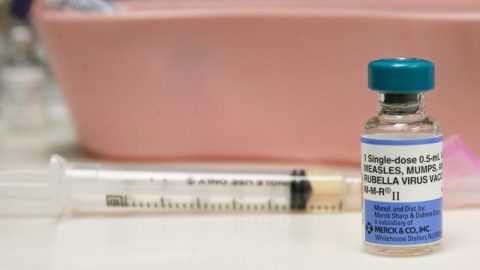

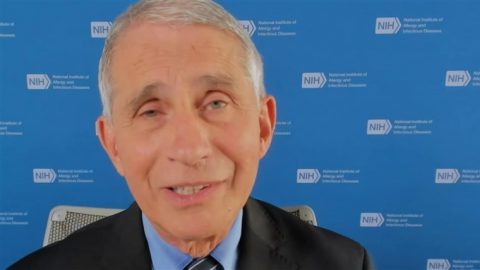

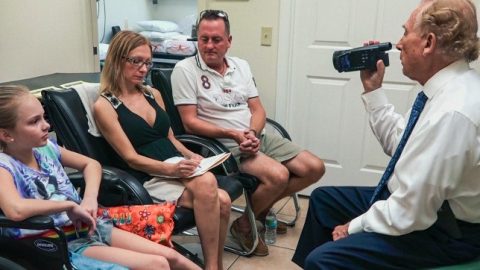
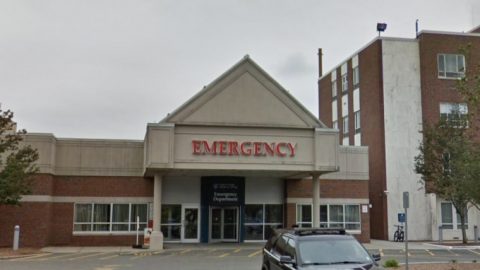
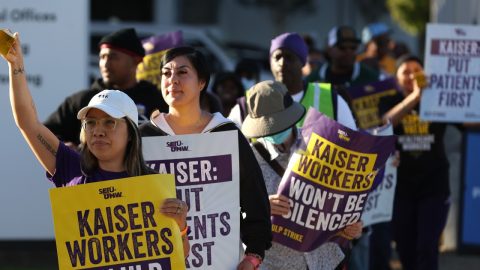

Recent Comments